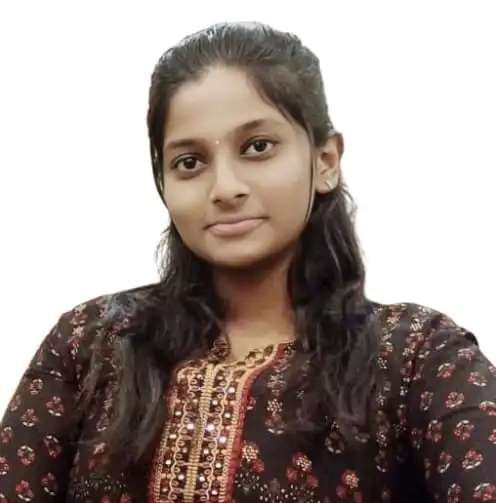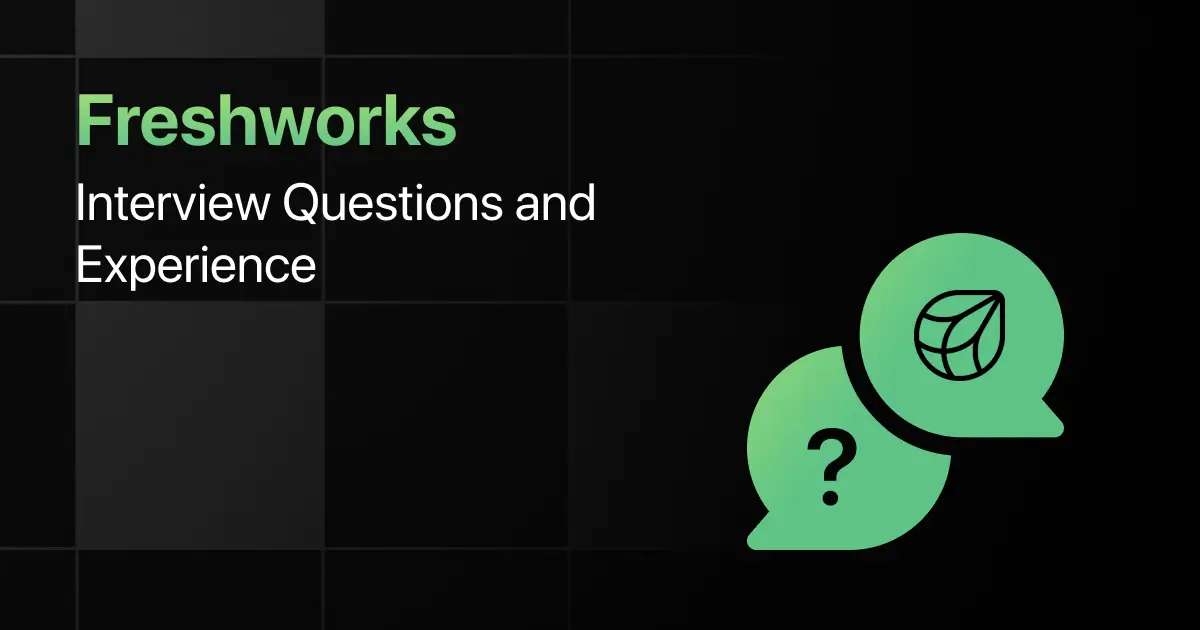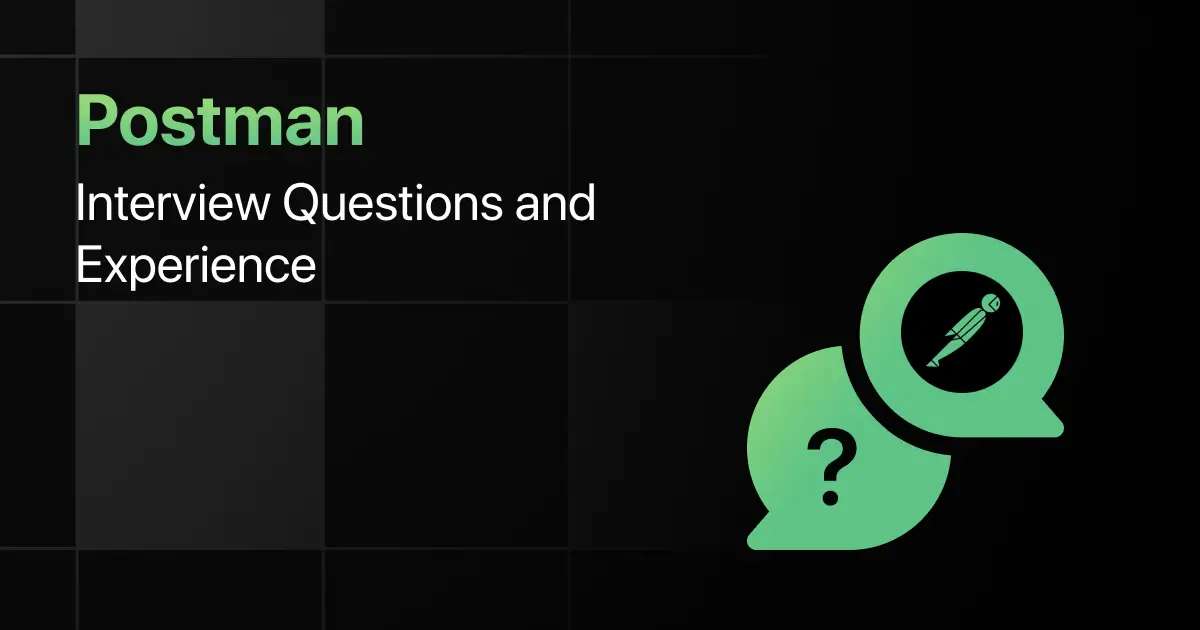Oracle Interview Questions and Experience
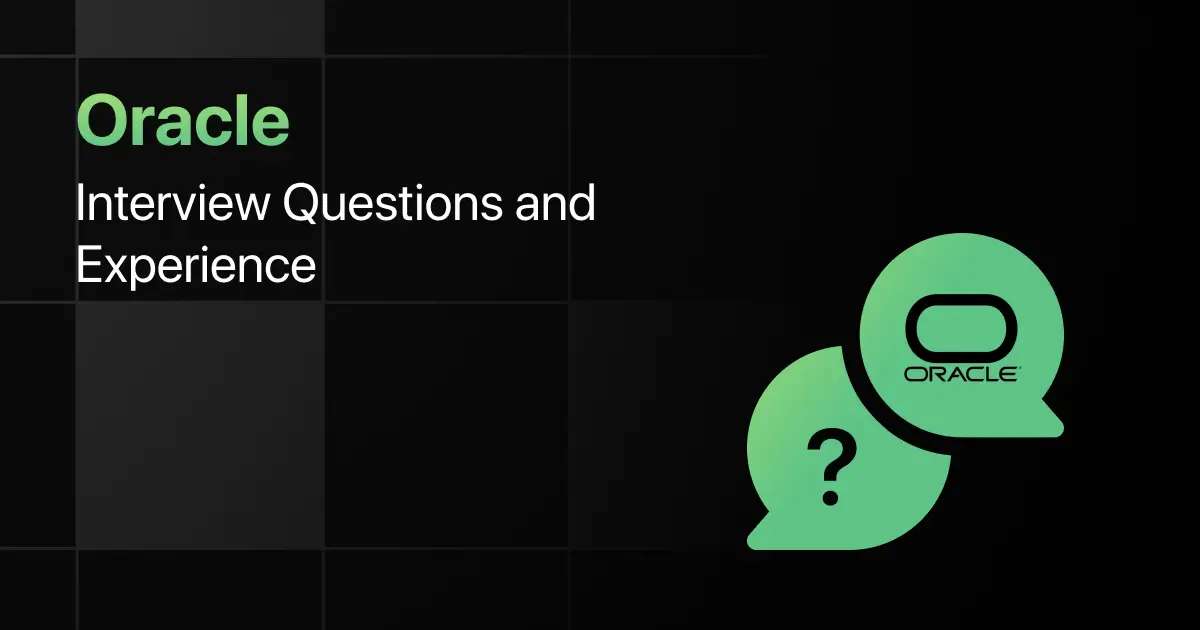
Have you ever wondered what it takes to clear an Oracle interview? Many candidates prepare for months, but still find the process quite challenging.
Oracle interviews often test database concepts, SQL, Java, cloud services, and problem-solving ability. You may also face scenario-based and behavioral rounds.
In this blog, you will find Oracle’s hiring process, common interview questions, real candidate experiences, and preparation tips to help you succeed.
Oracle Hiring Process – Overview
Here’s a quick overview of Oracle’s hiring process:
| Category | Details |
|---|---|
| Eligibility | Open to both freshers and experienced candidates. Preferred degrees: B.E/B.Tech, M.E/M.Tech, MCA, B.Sc/M.Sc in Computer Science or related fields. |
| Rounds | Typically 4–5 rounds: Online Assessment (aptitude, SQL, coding) → Technical Interviews (DBMS, Java, Cloud) → Managerial Round → HR Interview. |
| Job Roles Offered | Software Engineer, Associate Consultant, Applications Developer, Database Administrator, Cloud Engineer, Technical Analyst. |
| Salary Range | Freshers: ₹4.5 – 8 LPA (India) depending on role. Experienced professionals: ₹15 – 30+ LPA (Glassdoor, AmbitionBox) |
| Apply Link | Apply Now |
Top Oracle Interview Questions
Oracle interviews test your knowledge of databases, SQL, PL/SQL, Java, and cloud platforms. Below are commonly asked technical questions that help you prepare for Oracle interviews.
1. Technical Questions
- What is a hash map and how are collisions handled?
A hash map stores key value pairs using a hash function. Collisions are handled with separate chaining or open addressing. - What is a deadlock and how can it be prevented?
Deadlock is a state where processes wait on each other forever. Prevent it using ordering of resources, timeouts, or lock hierarchy. - Explain the CAP theorem in distributed systems.
A system can provide at most two of consistency, availability, and partition tolerance. Network partitions force a choice between consistency and availability. - What is idempotency in REST APIs and why does it matter?
An idempotent request gives the same result when repeated. It simplifies retries and failure handling. - What are transaction isolation levels and why are they needed?
Isolation levels control read and write visibility to avoid anomalies. Higher isolation reduces anomalies but can lower concurrency. - How do database indexes speed up queries?
Indexes maintain sorted structures on columns to reduce scanned rows. They trade faster reads for extra storage and write cost. - When would you use a bitmap index vs a B tree index?
Use bitmap indexes for low cardinality columns. Use B tree indexes for high cardinality and frequent point lookups. - What is an index organized table in Oracle?
An index organized table stores rows in a B tree keyed by the primary key. It speeds key lookups and saves extra storage. - What is a materialized view and how is it different from a view?
A materialized view stores query results on disk and can refresh later. A view is a saved query that reads base tables each time. - How does the JVM manage memory?
The JVM stores objects on the heap and frames on the stack. Garbage collection reclaims unreachable heap objects. - What is a JDBC connection pool and why use it?
A pool reuses a small set of open database connections. It reduces connection overhead and improves throughput. - Explain optimistic vs pessimistic locking.
Optimistic locking detects conflicts at commit using version checks. Pessimistic locking prevents conflicts by locking rows during work. - How do you implement SQL pagination in Oracle?
Use OFFSET … FETCH or a ROW_NUMBER() window and filter a range. Both limit rows returned for a given page. - What is dependency injection and why is it useful?
Dependency injection supplies required objects from outside a class. It improves testability and reduces coupling. - Compare monolith and microservices architectures.
A monolith keeps all features in one deployable unit and is simple to start. Microservices split features into small services for independent scaling and releases.
2. Role-Based Questions
For Freshers
- Tell me about a project where you applied problem-solving skills.
Answer by describing your role, challenges, and impact clearly. - Explain the difference between an array and a linked list.
Arrays provide constant-time access but fixed size, while linked lists offer dynamic size but sequential access. - How do you check if a string is a palindrome?
Use two pointers from both ends; if all characters match, it’s a palindrome. - Why do you want to work at Oracle?
Oracle’s innovation in cloud, culture of learning, and your career goals aligning with it.
For Developers
- What is the difference between Functions and Procedures in PL/SQL?
Functions return a single value and can be used in queries, while procedures perform actions without returning values. - How would you optimize a slow SQL query?
Use indexes, avoid SELECT *, restructure joins, and analyze execution plans. - Explain exception handling in PL/SQL.
Use the EXCEPTION block to catch predefined or user-defined errors gracefully. - How would you implement logging in a Java application?
Use frameworks like Log4j or SLF4J to capture logs with different levels (info, debug, error).
For Analysts
- How do you handle missing data in a dataset?
Options include removal, imputation, or predictive models depending on context. - What is A/B testing and why is it important?
It compares two versions of a feature to analyze the impact on business metrics. - How do you write an efficient query to generate business reports?
Use aggregate functions with GROUP BY and ensure joins are optimized. - How would you present insights from a dataset to non-technical stakeholders?
Utilize visualizations and focus on actionable insights rather than raw technical details.
For Cloud / DevOps Roles
- What is Oracle Cloud Infrastructure (OCI)?
OCI is Oracle’s cloud platform offering compute, networking, storage, and database services. - How do you set up CI/CD pipelines for Oracle applications?
Use Jenkins/GitHub Actions with Oracle Cloud, version control, and automated tests. - What is containerization and why is it used?
It packages applications with dependencies, ensuring portability across environments. - Explain Infrastructure as Code (IaC) with an example.
IaC automates infra provisioning; e.g., Terraform scripts to deploy VMs on OCI.
For Managers / Leads
- How do you manage a team under tight deadlines?
Prioritize tasks, delegate, and ensure regular progress checks with transparent communication. - How do you resolve conflicts within your team?
Listen to both sides, find common ground, and focus on collaboration. - How would you lead an Oracle database migration project?
Plan scope, use Oracle Data Pump/GoldenGate, test thoroughly, and ensure rollback strategies. - How do you evaluate project success?
Measure against KPIs like delivery time, budget, quality, and stakeholder satisfaction.
3. Behavioral Questions
- Tell me about a time when you worked on a project with tight deadlines.
I divided tasks, prioritized critical items, and communicated progress daily, ensuring the project was delivered on time without compromising quality. - How do you handle disagreements in a team setting?
I listen to both perspectives, share facts calmly, and propose a solution that aligns with project goals while maintaining team harmony. - Describe a situation where you took initiative in a project.
I noticed recurring performance issues in queries. I optimized them proactively, reducing runtime significantly and improving overall system efficiency. - How do you explain technical details to non-technical stakeholders?
I use simple terms, visual diagrams, and business-related examples to ensure stakeholders understand the impact without being overwhelmed by technical details. - Oracle emphasizes customer focus. How do you apply this value in your work?
I always ensure solutions improve user experience, whether by designing faster queries or building systems that enhance reliability. - Tell me about a time you managed conflicting priorities.
I evaluated urgency, consulted with stakeholders, and reprioritized tasks transparently, making sure critical deliverables were met without blocking other work. - How do you handle feedback from managers or peers?
I take feedback constructively, analyze areas of improvement, and implement changes quickly, viewing it as an opportunity to grow.
Oracle Interview Experiences
1. Oracle Server Engineer Internship Interview Experience (Fresher)
This interview experience is from Mohak, who interviewed for an off-campus Oracle server engineer internship role. The process consisted of three technical rounds focused on coding and projects, followed by an offer.
Candidate Background:
Fresher, B.Tech graduate, with prior project experience including Google Summer of Code’22. Strong foundation in OOPs, DBMS, OS, and DSA.
Interview Process They Faced
- Round 1: Technical interview with OOPs, linked lists, arrays, strings, and screen-shared coding questions.
- Round 2: Focused on coding challenges (linked list deletion, stack implementation, trees).
- Round 3: Final technical with SDE-2 interviewer, project deep dive, past internship discussion, binary tree with doubly linked list, and a Dirac delta function prompt.
- Final Outcome: Offer for server engineer intern role.
Questions Asked
- OOPs: Constructors, call by value/reference.
- DSA: Linked list (swapping, deletion), stack implementation, binary tree with DLL.
- Strings and arrays (basic coding).
- DBMS SQL queries.
- Project discussion and internships.
Outcome & Difficulty Level: Selected for Oracle Server Engineer Internship. Difficulty: Moderate to Hard. Required both strong coding skills and ability to explain projects in detail.
2. C++ Application Developer role Interview Experience (Experienced)
This interview experience is from Srinidhi Reddy Chintala, who interviewed for a C++ Application Developer role at Oracle with 2.6 years of prior work experience.
The process included three technical interviews with coding, DBMS, and design questions.
Candidate Background
Experienced software engineer, B.Tech in CSE, Institute of Aeronautical Engineering (Hyderabad). Previously worked at Sandvine Technologies with C/C++, Python, Bash scripting, and YANG.
Interview Process They Faced
- Round 1: Database design (library system), SQL queries, DBMS concepts, balanced parentheses coding, max in positive array.
- Round 2: Coding on missing number, string reversal, longest common prefix, DBMS and SQL duplicates query.
- Round 3: Array duplicates, missing number in unsorted array, Singleton design pattern with multithreading discussion.
- Final Outcome: Not selected, but gained valuable insights into Oracle’s focus areas.
Questions Asked
- DBMS: Design schema, SQL queries (duplicates, overdue books).
- DSA: Missing number, string reversal, common prefix, balanced parentheses.
- Design Patterns: Singleton with multithreading challenges.
- Coding: Arrays and duplicates with O(n)/O(1) complexity.
Outcome & Difficulty Level: Not selected. Difficulty: Moderate. Heavy focus on DBMS + coding fundamentals and ability to apply design concepts.
Preparation Tips for Oracle Interviews
Oracle interviews require a mix of strong database knowledge, coding practice, and clear communication. Focus on both technical concepts and real-world problem-solving.
- Revise SQL & PL/SQL: Practice queries, joins, triggers, and stored procedures. Strong SQL skills are a must for most Oracle roles.
- Know DBMS Concepts: Review normalization, indexing, transactions, and data integrity. These are core topics frequently tested in interviews.
- Practice Coding: Strengthen problem-solving with Java or Python. Oracle often tests data structures and algorithms alongside database skills.
- Understand Cloud Basics: Learn Oracle Cloud Infrastructure (OCI) fundamentals. Cloud knowledge is increasingly important for modern Oracle roles.
- Prepare for DBA Topics: If applying for DBA roles, study backup, recovery, tablespaces, and RAC. Be ready for scenario-based questions.
- Work on Communication: Practice explaining technical topics simply. Oracle values candidates who can connect with both technical and business teams.
- Review Behavioral Examples: Use STAR (Situation, Task, Action, Result) to structure answers about teamwork, leadership, and customer focus.
Final Words
Oracle interviews assess not only your technical expertise in SQL, PL/SQL, and database management but also your ability to solve problems and work in teams.
With focused preparation on both technical and behavioral aspects, you can approach the process with confidence.
Explore More for
- Amazon
- Salesforce
- Microsoft
- IBM
- Adobe
- Flipkart
- Apple
- Uber
- Meesho
- Zomato
- Swiggy
- Phonepe
- Zoho
- Postman
- Freshworks
- Paytm
- Darwinbox
FAQs
Common Oracle questions cover SQL, PL/SQL, triggers, indexes, normalization, DBMS concepts, Java coding, and Oracle Cloud Infrastructure.
Yes, Oracle interview questions can be challenging for freshers, but focusing on SQL and DBMS basics makes them manageable.
The Oracle interview process usually takes three to five weeks depending on the role and experience level.
Candidates should focus on SQL, PL/SQL, DBMS, Java, and Oracle Cloud basics.
Common mistakes include weak SQL query writing, poor problem explanation, ignoring optimization, and lack of cloud knowledge.
There are usually four to five rounds, including online assessment, technical interviews, managerial round, and HR discussion.
Yes, freshers are tested more on fundamentals, while experienced candidates face scenario-based, optimization, and system design questions.
The best way to prepare is by practicing coding, revising concepts, and using resources on PlacementPreparation.io for guidance.
Related Posts
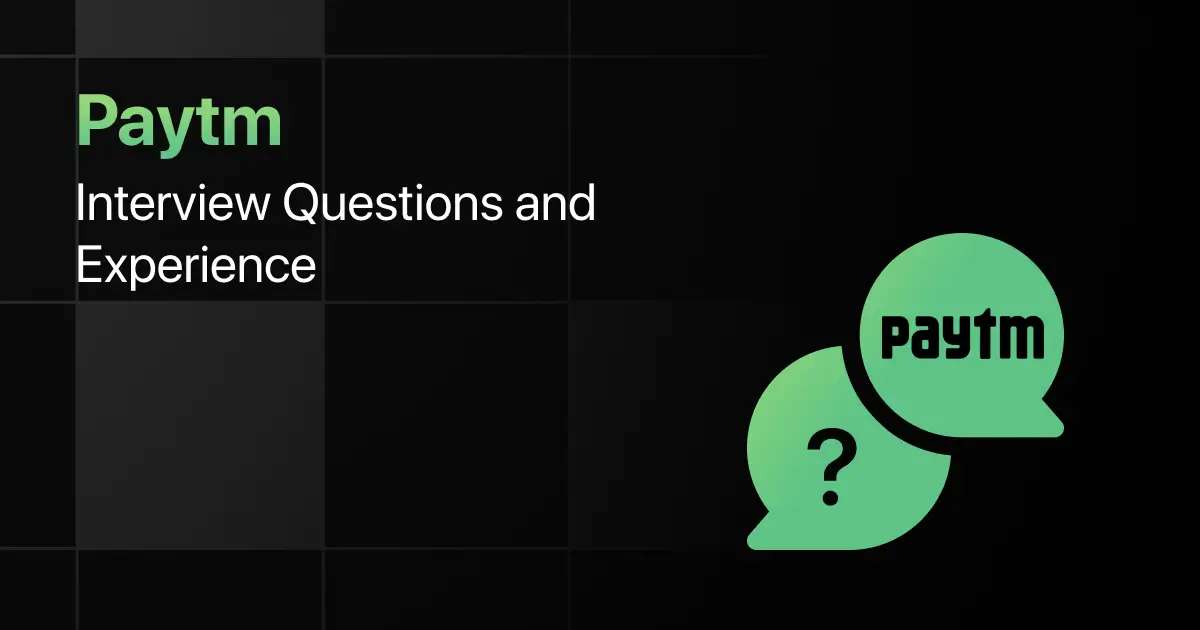

Paytm Interview Questions and Experience
Preparing for a Paytm interview requires a clear understanding of the company’s hiring process, the type of questions asked, and …
Warning: Undefined variable $post_id in /var/www/wordpress/wp-content/themes/placementpreparation/template-parts/popup-zenlite.php on line 1050



